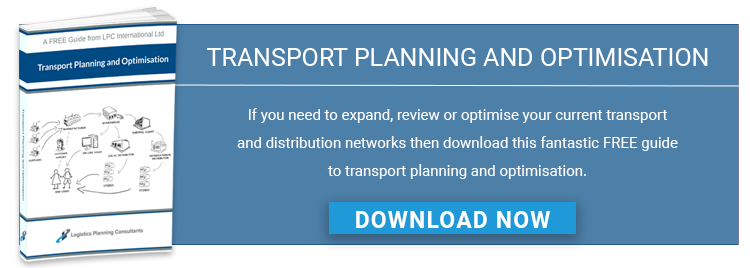
The COP26 convention has thrown many aspects of logistics planning and management into sharp relief, highlighting the need to enhance the industry's green credentials. At all levels of the supply chain, from hauliers to retailers, empty running causes waste and inefficiency. This is now being recognised with a new campaign to end empty running with the potential benefit to both businesses and the planet, "It's What's Inside That Matters".
An Old Problem That Demands New Solutions
The problems associated with empty running are nothing new. As far back as 2002, a KPI survey found that in the food supply chain, only around 2% of empty journey legs were balanced by suitable backloads. Despite this, the practice has continued to be widespread: in 2019, Department for Transport figures suggested empty running had hovered around the 29% mark for almost two decades. As other aspects of sustainability have improved, this has remained as a blot on the industry's record. With increasing legislative and customer demands for quantifiable, provable sustainability, empty running is coming under ever more intense scrutiny.
Striving For A Common Green Goal
"It's What's Inside That Matters" aims to bring together all parts of the logistics and warehousing industry, from pallet providers to retailers, and provide a common goal of driving down empty running across the FMCG supply chain. Doing this is in everyone's interest, since reducing waste and inefficiency will also help to increase productivity – and therefore boost profitability. As green issues continue to increase in importance, businesses that fail to show a clear and measurable commitment to being environmentally conscious will suffer in the marketplace as well as in the court of public opinion. A business's reputation is among its most valuable assets, and a company that is perceived as failing on sustainability is likely to suffer.
Looking To A More Sustainable Future
Ever more factors now point towards the importance of minimising wasteful, inefficient practices such as empty running. As the UK emerges from the economic and social challenges of the last couple of years, competition is likely to be tougher than ever. Reducing these costs can take many forms, ranging from the use of freight exchange platforms to discussing and planning for the future with an expert logistics consultant. The empty running campaign points the way to a future where green considerations need to be at the heart of your business strategy.



